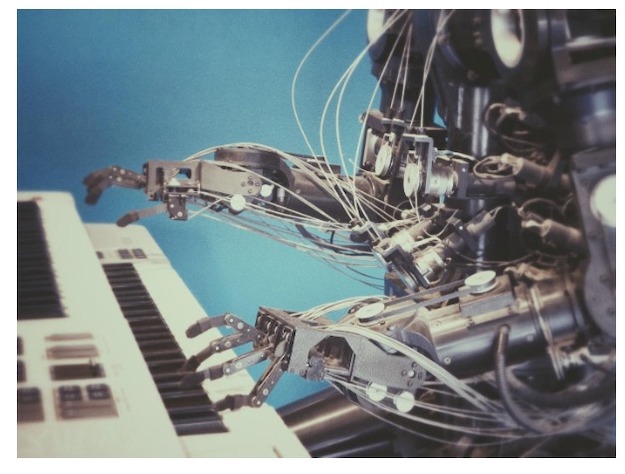If the mention of artificial intelligence (AI) calls to mind the television shows “Westworld” “Ex Machina,” you focus on fantasy. That level of quantum computing simply does not yet exist. Those shows use pure theory and not technology currently in existence.

AI has not gotten there yet, and reaching that point remains far in the future. The technology currently resides in the machine-learning phase. We live in the infant stages of the Digital Age, but it has massive potential.
The definition of artificial intelligence is a computer, device, program, or system capable of learning on its own. In other words, it can do what a human brain does in the sense of learning new things on its own. An AI system consists of a neural network that can connect ideas, discern meanings, gain intelligence, and become increasingly aware by itself without requiring pre-defined behavioral algorithms and without requiring a human-computer programmer to create programs to direct it. AI creates a computer that thinks like a human being, and that does not yet exist. The Google creation, DeepMind, hints at what true AI will be.
Early AI, such as machine-learning and task automation, has already moved into many industries. Most people think of its application to manufacturing by using robots like these cobots here, but machine-learning and task automation serve many other industries, too. Early-stage AI has entered healthcare and medicine, quick service restaurants, education, retail, and public relations.
Healthcare and Medicine
In healthcare and medicine, researchers are embedding known data into algorithms to extract information to problem solve. Within cancer treatment, consensus algorithms combined with medical data from treatment oncologists determine automated appropriate treatment alternatives and proper chemotherapy drugs.
Quick Service Restaurants
AI helps quick-service restaurants, too. You might not even realize that a chatbot took your online order recently, but it probably did. Chatbots are revolutionizing the QSR industry by automating receiving orders and payment. This allows the human workers to focus on cooking and preparing the food. Some QSRs utilize AI within their drive thru equipment to assist human workers to take and fulfill orders quickly and effectively.
Education
In education, the firms Carnegie Learning and Content Technologies use AI in their intelligent instruction design development platforms and their digital platforms. The AI system delivers learning modules, administers tests, and provides feedback to students serving grades pre-kindergarten to college. The system also monitors progress, providing the student with new learning challenges as they become ready for them and identifies knowledge gaps.
Retail
The retail industry uses Cogito and its behavioral adaptation methods to improve customer support representatives’ emotional intelligence. Merging behavioral science and machine learning, it helps phone CSRs improve customer interactions.
Public Relations
People who worried that AI would take over press release writing, relax. AI cannot manage that level of creativity. However, AI does help target press releases more effectively. You can leverage it to identify news articles and other coverage of the public relations clients.
AI in Your Industry
AI goes far beyond the factory floor in use. Its uses, even in the infant stages of the Digital Age, are helping many industries provide better services to customers automatically.




